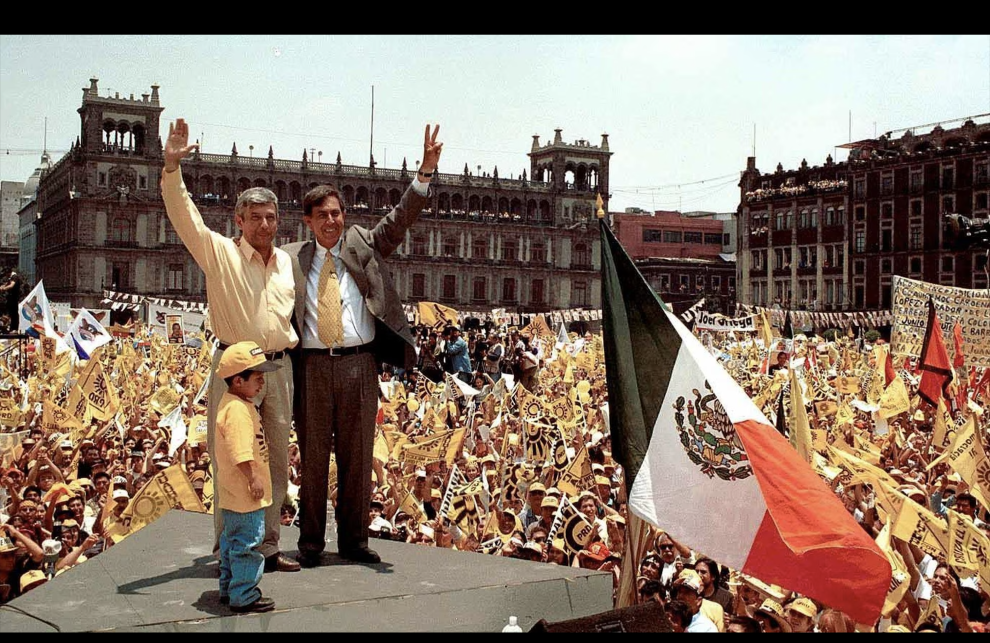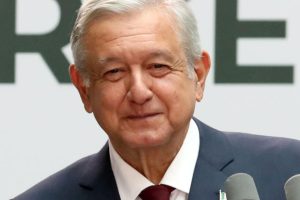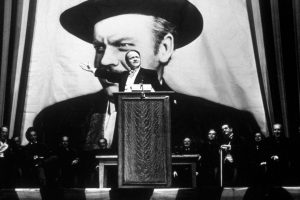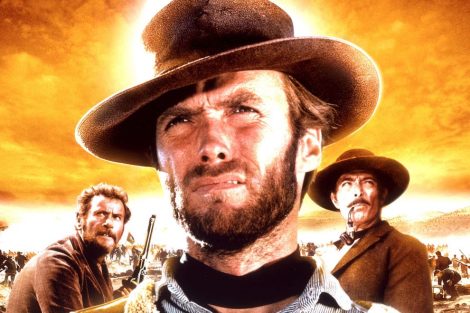Death and Power
Awkward topic, but finally forced. After all, it is the only true certainty of our lives: some sooner than others, but in the end we all share the same destiny, death.
It is not a question in these lines of peeking into the abyss of magical and religious thought, not even entering the messy terrain of legacies, the traps of inflated egos or peasant dreams about empires that last for a thousand years. My intention is much simpler: to underline the fact that every story, however great it may be, has an end. And, perhaps, I have to suggest that even the richest, most powerful, and popular leaders, well, too.
From political science there are few topics more attractive than the succession of great leaders. And, in practical terms, it is precisely there where we can find the best defense of democratic systems (versus authoritarian models). Precisely in these interesting times in which there is a certain fashion in favor of supreme leaders and their liturgies of power, that little character who whispered in the ear of the Roman emperors the great truth about his human frailty has more value.
It is true that as a species we have managed to extend lifespans by a fair amount of time. The very fact that the President of the United States intends to remain in the White House in the ninth decade of his life is in itself important. And yet…
Although the health of powerful characters remains something of a taboo subject, for all its possible implications, we would be wrong to resign ourselves to silence. Consider the case of our own president.
Of indisputable physical strength -there are the testimonies of his feet placed in buckets of salt water during his walks from Tabasco to Mexico City-, he himself has had to admit his own wear and tear after a life “running on dirt roads”. Although neither his heart condition, blood pressure or “natural” ailments for those who are close to 70 years old, necessarily imply that he is in a dying condition. Not much less.
The recent noise in the media and in the networks regarding his “transient fainting” (sic) in Mérida is a simple reminder of what we should all know by now. Everything, for serving, ends. Beyond the lies of his close circle and the moral misery of those who dared to celebrate what would have been a major political crisis, the issue is relevant because it points to the greatest weakness of the Cuatro-Te project: the upcoming departure of scene of his major hero. Fortunately, not now, but in 2024.
Although never definitive, political death is a necessary condition of any democratic system. Eternal leaders simply do not exist. There are many historical examples that document the brutality that often characterizes succession conflicts. True, Plutarco Elías Calles managed to govern from outside the National Palace, but that does not seem like an easy feat to repeat.
Without López Obrador in command, what will become of Morena. What will be the relationship of forces in such a polarized country. Sooner rather than later, we will be able to attest to it. Well, in case the bony one didn’t visit us sooner.











